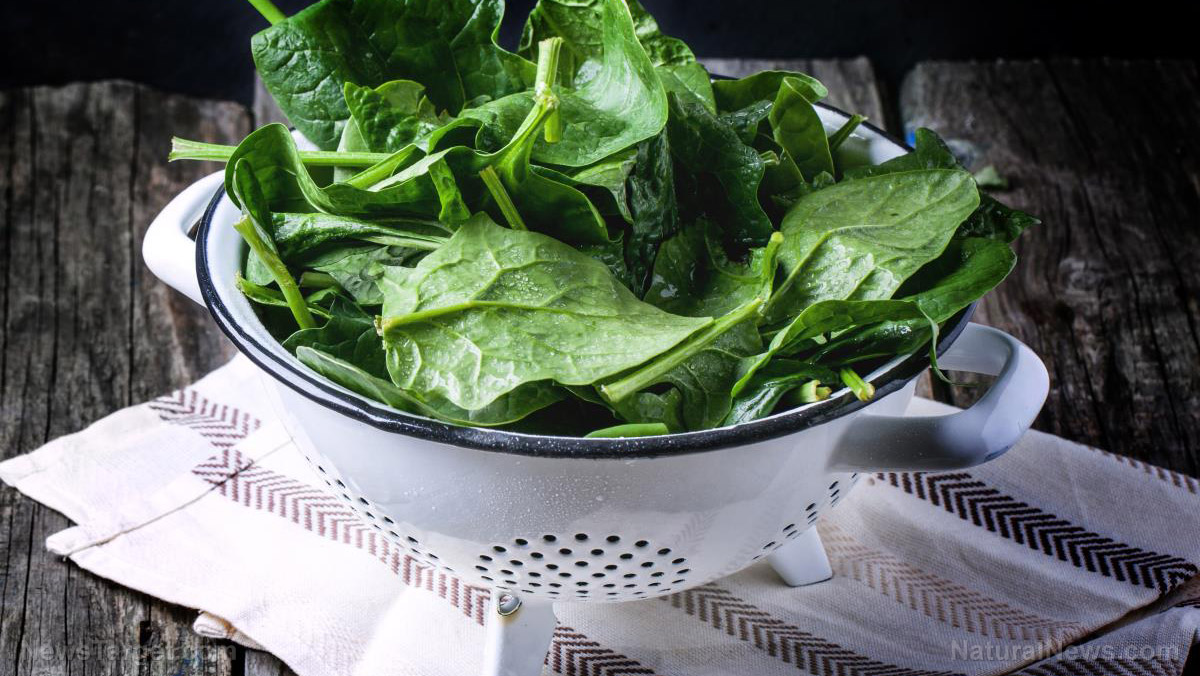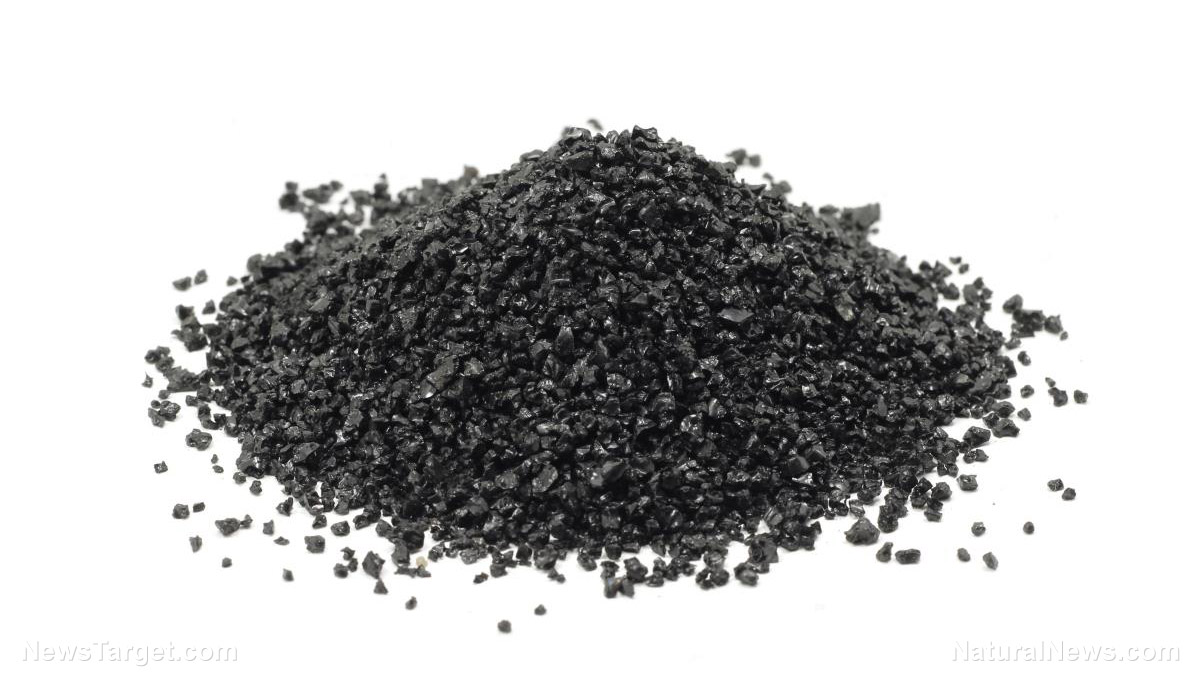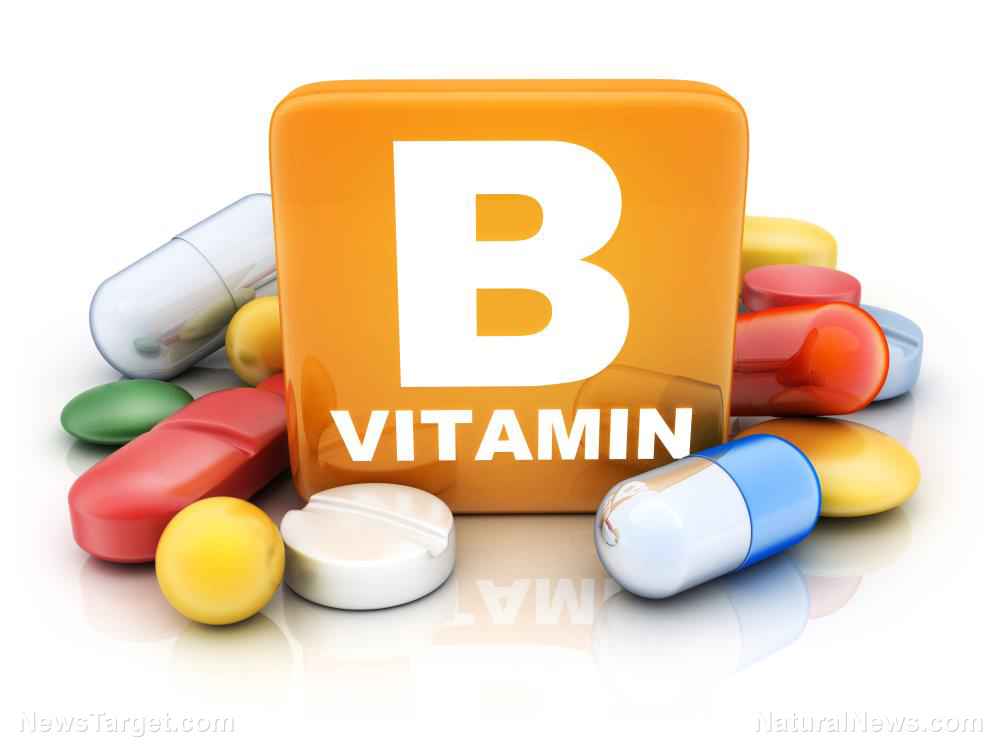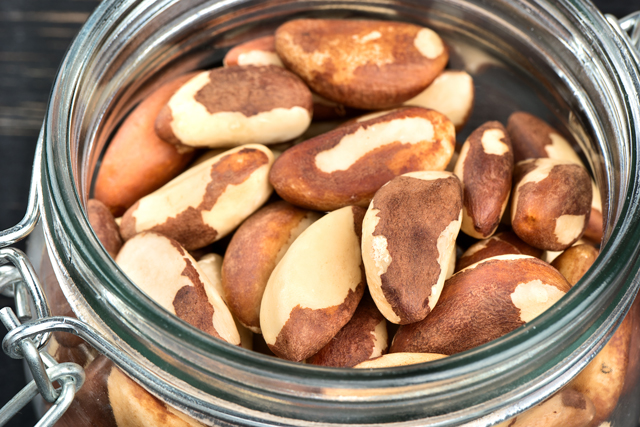Folic acid supplements can reduce the risk of stroke by 73% in hypertensive patients
05/31/2018 / By Isabelle Z.

Expectant mothers are quite familiar with the importance of ensuring they get enough folic acid to help prevent birth defects like spina bifida, but it turns out that there’s another group who can benefit greatly from this vitamin: adults with hypertension.
According to a study published in the Journal of the American College of Cardiology, adults with hypertension who took a combination supplement of folic acid and enalapril noted a 73 percent decrease in their risk of experiencing a first stroke when compared to those who took enalapril on its own. It’s a significant finding when you consider stroke is the second leading cause of mortality on the planet.
Scientists reached this conclusion after analyzing more than 10,000 men and women between the ages of 45 and 75 who either had hypertension or took an anti-hypertensive medicine. Those who had a history of stroke or major cardiovascular diseases were not included in the study. Participants took either a combined daily oral pill containing 10 mg of enalapril and 0.8 mg of folic acid or just the enalapril. The median follow-up was 4.2 years. The enalapril-only group noted 210 first strokes, while the folic acid-enalapril group experienced 161 first strokes in that time.
Folate and other B vitamins break down the amino acid homocysteine, which damages the inside walls of arteries, thereby boosting a person’s’ risk of stroke as well as heart attack.
The study’s senior author, Dr. Yong Huo, said that a baseline low platelet count combined with high levels of homocysteine increases first stroke risk. Therefore, these measurements can be used to identify patients who have a high risk of first stroke and then employ folic acid supplementation to lower their risk dramatically. Best of all, he points out that folic acid is a safe, inexpensive and uncomplicated treatment.
The finding coincides with another study that found folic acid reduced a person’s risk of first stroke by 21 percent. It’s important to note that the effect was not seen in those who had a high platelet count and lower levels of homocysteine.
Robarts Research Institute’s Stroke Prevention and Atherosclerosis Research Centre Director Dr. J. David Spence wrote in an editorial which accompanied the study that patients who had higher levels of homocysteine and lower platelets likely had a higher risk due to being deficient in vitamin B12.
He added that the study dispels a common myth: “The widespread belief that B vitamins do not reduce the risk of stroke is mistaken. This study not only invited confirmation of the benefit of B vitamins but opens the door to wider applications.”
Next, researchers would like to determine whether higher doses of folic acid could provide even further benefits. They’d also like to see studies examining the platelet parameters during follow-up periods.
How to get more folic acid
Folic acid is a synthetic form of vitamin B9, also known as folate. It occurs naturally in a variety of healthy and delicious foods, particularly leafy green vegetables like spinach, asparagus, chard, broccoli, and collard greens. You can find it in peanuts, corn, mushrooms, and milk as well. Some foods are fortified with folic acid, like cereals and breads, but it’s always better to get your vitamins from foods in which they occur naturally.
If you decide to increase your folic acid intake, not only will you be helping prevent stroke, but you could also help stave off some of the conditions associated with folic acid deficiency, such as irritability, gingivitis, and diarrhea. It’s also an excellent way to help stabilize your mood.
Sources for this article include:
Tagged Under: folate, folic acid, high blood pressure, hypertension, natural remedies, nutrients, nutrition, nutritional supplements, prevention, stroke, stroke risk, supplements, vitamins




















